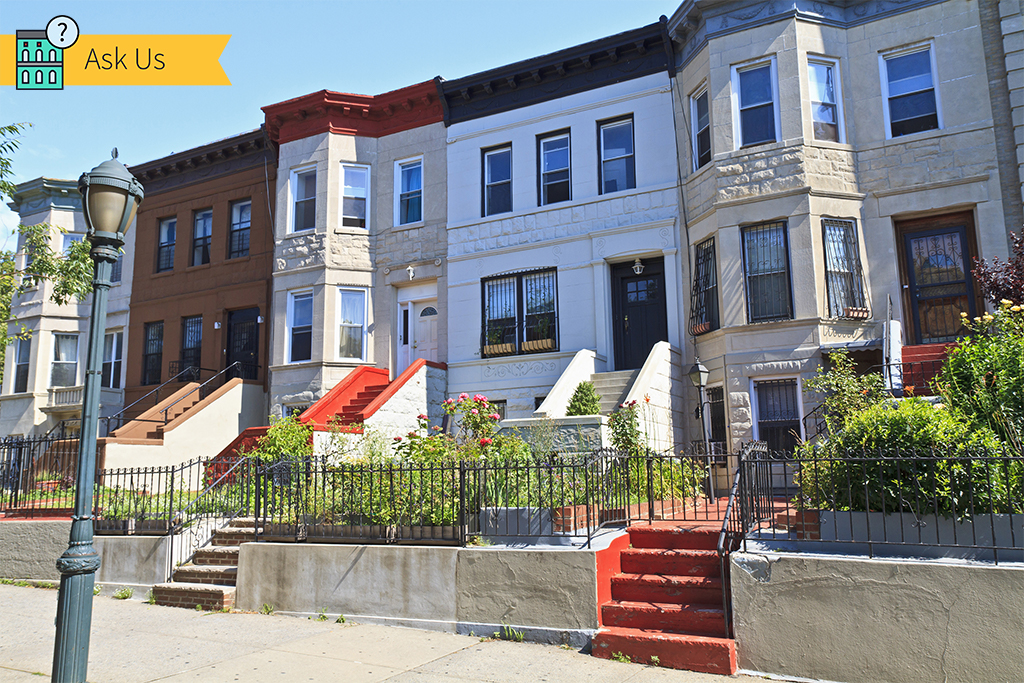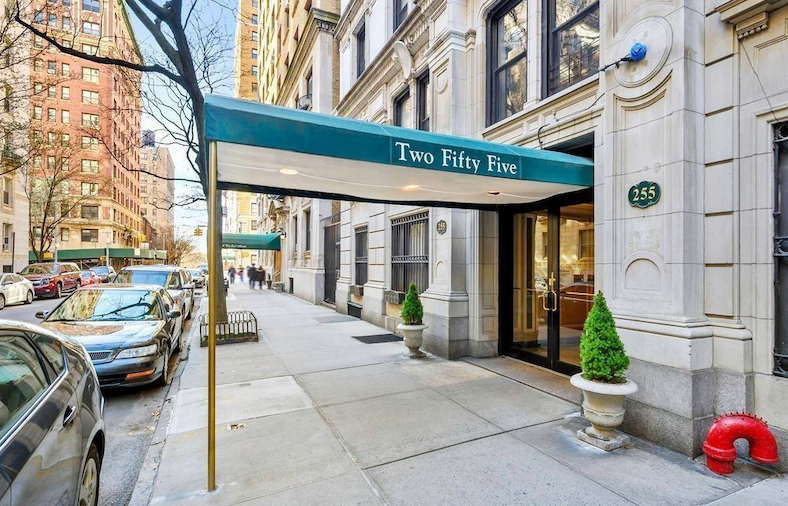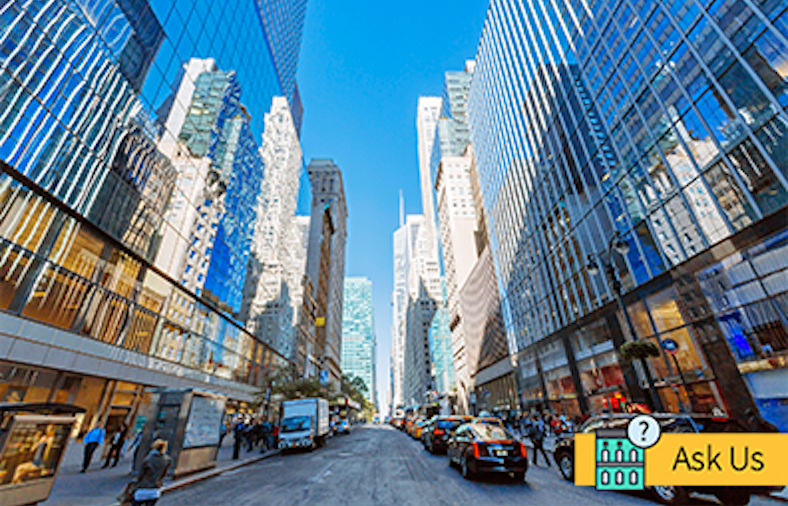
What’s the sense behind NYC’s property tax code? Who says there is any?
Question: Why are Brooklyn property taxes in general much lower than those in Manhattan? Also, why do one- to three-family homes receive favorable tax treatment compared to multi-unit buildings? Since many Brooklyn neighborhoods are rapidly gentrifying, does this mean that Brooklyn property taxes will go higher and eventually wind up similar to those in Manhattan?
— Taxed enough in Park Slope
Dear Taxed:
What a can of worms you’re opening! New York’s property tax system is one of the great indecipherables of the universe.
Let me explain the idea behind property taxes. Taxes in New York, as in most cities, are determined as a percentage of the current market value of a property. Value can be determined in different ways, and different types of properties — commercial, residential, industrial, etc. — are usually taxed at different rates. As you point out, apartment buildings are often taxed differently than single-family homes.
So as long as a Brooklyn property’s value remains lower than a comparable Manhattan property, it only makes sense that the Brooklyn property’s taxes are lower. So yes, as Brooklyn values rise, taxes will rise. Will a Park Slope row house eventually be taxed as high as a comparable Upper East Side home? Could happen.
Got it? Now forget it.
Because that’s not how it works in New York City. There has been a flurry of legal activity in 2017 addressing the city’s bizarre and (yes, I’ll say it again) indecipherable property tax system. The Lincoln Institute, a Cambridge, Mass., think tank that focuses on real estate issues, published a national property tax study earlier this year. Here’s what they had to say about New York City:
Commercial buildings and apartments are taxed at a dramatically higher percentage of market value than owner-occupied residences … Homeowners are heavily subsidized at the expense of renters and businesses.
When you plug in the numbers, it looks really bad. One reason for the city’s high rents is that landlords pay five times the property tax rate of single-family homeowners.
The beneficiaries of the system are rich and mostly white, says an unlikely coalition of community groups and property owners who filed a class-action suit in state court challenging the tax system. Partners in the Tax Equity Now NY (TENNY) coalition include the NAACP as well as the hugely wealthy Durst real estate empire. They are seeking a top-to-bottom overhaul of the city’s property tax system.
You can go on the TENNY website and compare tax bills for any properties in the city.
I used the site to compare my modest 140-unit co-op in Manhattan with the most expensive single-family homes currently listed on StreetEasy in Manhattan, Brooklyn and Queens. My building pays a total of $1.5 million a year in taxes (averaging about $11,000 for each apartment); recent prices have ranged from $365,000 for a studio to $1.25 million for a 2-bedroom. Here are the bills for the others:
- Manhattan: Current asking price $84 million; $250,000 property tax.
- Brooklyn: Price $18 million: $30,000.
- Queens: Price $8.8 million; $22,000.
David Crook is a veteran journalist and author of The Complete Wall Street Journal Real-Estate Investing and Homeowner’s Guidebooks. Do you have a question about anything real estate-related in NYC? Write him at askus@streeteasy.com. For verification purposes, please include your name and a phone number; neither will be published. Note: Nothing in this column should be considered professional legal advice. If you have a legal issue, consult an attorney.
—
Hey, why not like StreetEasy on Facebook and follow @streeteasy on Instagram?
Related:








